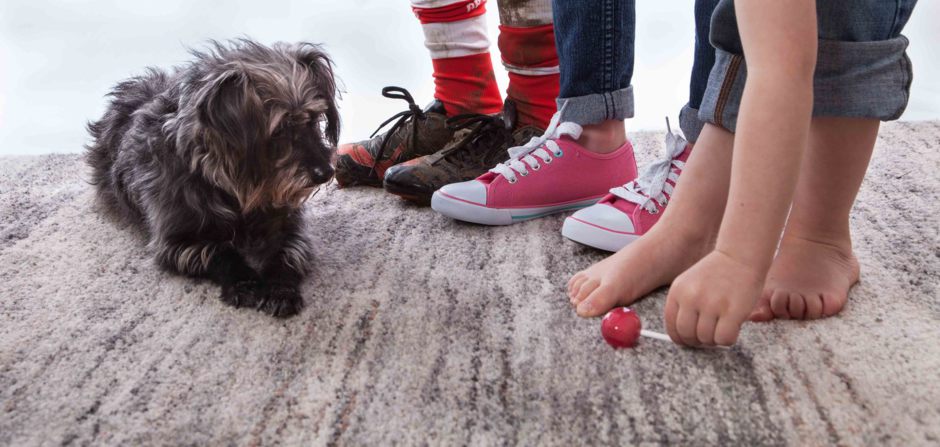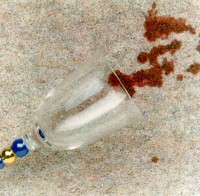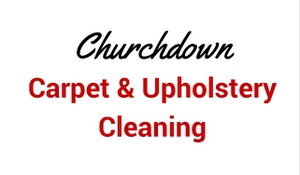
Emergency Tips for Spills & Stains
First and foremost, Don't Panic!
Accidents will happen and most can be resolved..
If something gets spilled on to your carpet, prompt action is required to prevent staining.
Be Prepared
It is the recommendation of the National Carpet Cleaners Association to have the following items and solutions to hand for dealing with spillages as soon as possible:
- Clean white absorbent cloth or towel
- Dry Cleaning Solution - Surgical Spirit (usually available from local Chemists)
- Detergent Solution - One teaspoonful of gentle detergent for washing woollens, to half a pint (0.3 litres) of warm water
- Detergent Vinegar Solution - Add one teaspoonful of white (not malt) vinegar to the Detergent Solution
- Ammonia Solution - One teaspoonful of branded household Ammonia (available from hardware stores) to one cup of warm water
General Tips
- Do not over wet into backing materials
- Always test any solution/detergent on an inconspicuous area of carpet prior to treating a stain
- Use detergents at recommended dilution ratios
- Scrape up or blot up any excess prior to treatment
- Blot, never rub or scrub
- Do not use inappropriate detergents on carpets or upholstery i.e. (washing up liquid, wash powders, household bleach, disinfectants)
- Always work from the outside of the stain inward to avoid spreading
- Always apply the cleaning fluid to the absorbent spotting material not directly onto the carpet or fabric
- Encourage quick drying (carefully use a hairdryer on mild heat to assist)
- Deal with stains as quickly as possible for increased chances of success
- Keep the fabric or carpet as dry as possible.
Alcohol, Coffee, Tea, Liquid Foods, Urine
- Blot up surplus spillage
- Use Detergent Vinegar Solution, a little at a time
- Work from the outer edge of the stain inwards
- Frequently blot with dry cloths
- See below for final rinse procedure
Chocolate, Sweets, Blood, Glue, Egg, Ice Cream, Milk, Soft Drinks, Vomit
- Scrape up excess with a blunt knife
- Use a Detergent Solution starting at the outer edge
- Blot dry
- Follow up with Ammonia Solution
- Blot dry
- See below for final rinse procedure
Solids, Fats, Tar, Chewing Gum, Oil, Ointment, Shoe Polish
- Scrape up excess with a blunt knife
- Use a Dry Cleaning Solution followed by Detergent Vinegar Solution
- Blot dry
- See below for final rinse procedure
Unknown Stains
- Scrape up or blot surplus spillage
- Use a Dry Cleaning Solution followed by clean luke warm water
- Blot dry
- If further treatment is needed, use either Detergent or Detergent Vinegar Solution
- Blot dry
- See below for final rinse procedure
Final Rinse Procedure (applicable to all above methods of stain removal)
- Mix one-part white vinegar and four-parts water
- Pour mixture into a spray bottle and spray over the stained area
- Blot dampened area (do not rub) to remove excess moisture
- Spread white kitchen towel (stacked 6-8 sheets deep) or absorbent cloth over the affected area and place a weight, such as a telephone directory, on top
- Leave overnight and repeat if necessary
Whilst the stain removal guide may be basic, it should help prevent some quite common and expensive DIY stain removal damage. Unfortunately, there can never be a guarantee of complete removal of a stain, but the correct routine will give your professional cleaner, when called in, the best possible chance of success.
REMEMBER: Act Quickly. Scrape up solids, blot up liquids. Take plenty of time, it is worth the effort. Mix the solution accurately and test it on an out of the way piece of carpet. Always work from the outer edge of the stain to the centre. Dab or blot rather than scrub or rub. And, most importantly, NEVER OVER-WET.
NOTE: We are aware that some new carpets have been subjected to anti-static and soil-resistant treatments. Even when these have been applied, it is wise to follow the stain removal procedures suggested.




